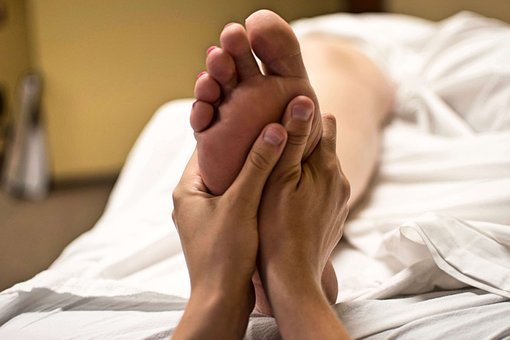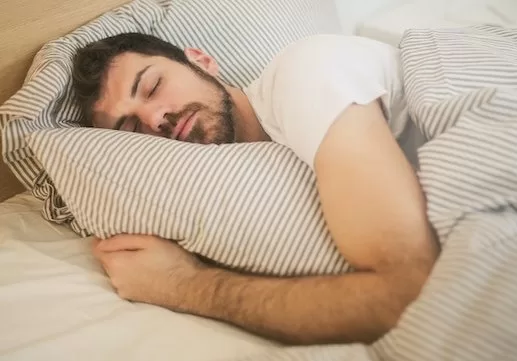Sleep paralysis is medically defined as a sign that one’s body is not moving smoothly through the varying stages of sleep. The condition is rarely associated with any deep underlying psychiatric issues.
Symptoms of Sleep Paralysis
People with this condition may experience the following:
– Inability to move arms and legs, head and body when falling asleep or while waking up
– Episodes that last from just seconds to a few minutes

Causes
The human body relaxes while sleeping. The voluntary muscles have no movement which prevents individuals from injuring themselves due to performance in dreams. In sleep paralysis, the rapid eye movement (REM) sleep cycle experiences interruption or disintegration.
Main Cause
It usually occurs when an individual is under a lot of stress.
The Logic
Human body alternates between the following while asleep:
– Rapid eye movement (REM)
– Non-rapid eye movement (NREM)
A REM-NREM cycle lasts for 90 minutes. NREM is where one spends sleeping most of the time. This is also the stage where the body relaxes. The eyes move very fast in REM while the body is relaxed. People see dreams at this time.
During sleep paralysis, the transition of the body to or from REM sleep is not in sync with the brain. The consciousness of the individual is wide-awake but the body slips into a paralyzed state of sleep.
All areas of the brain that detects threats are at their most active and excessively sensitive state.
Is it Dangerous?
Before you start any treatment for this condition, it is crucial to determine if certain aspects of your life/health have been the cause of sleep problems. Sleep paralysis may also be a result of anyone or a combination of the following:
– Substance abuse
– Sleep disorder such as narcolepsy
– Use of certain medication
– A medical condition
– A mental health disorder
The following factors have been linked to sleep paralysis:
– A family history of this problem
– Narcolepsy
– Irregular sleeping patterns, due, for example, to jet lag or shift work
– Sleeping on back
The condition may be a symptom of medical issues such as hypertension, clinical depression, migraines, anxiety disorders, and/or obstructive sleep apnea.
Prevention
Unfortunately, most prevention and coping strategies for this condition are circumstantial. However, one may use certain techniques such as the following:
– Avoid sleeping on the back
– Get uninterrupted sleep
– Avoid intake of stimulants, such as tobacco and alcohol
– Practice meditation and muscle relaxation techniques such as yoga
– Try moving fingers or toes during sleep paralysis
– Pursue cognitive behavioral therapy
Risk Factors
Numerous factors such as genetics, poor physical health, and lack of quality sleep, a history of trauma, sleep deprivation, anxiety, and/or a psychiatric diagnosis may increase one’s risk of developing this sleep problem.
Treatment
No set treatment is proved right for sleep paralysis. However, doctors recommend maintaining a good bedtime routine for improving sleep. On the other hand, extreme cases are handled with a low dose of antidepressants. These medications can suppress some traits of REM sleep to alleviate symptoms of sleep paralysis.
How to Deal with Sleep Paralysis?
In case, you experience rare episodes of sleep paralysis, focus on sleep hygiene. Here are some things you should do:
– Get ample sleep on a regular basis
– Avoid consumption of alcohol before bedtime
– Stay away from nicotine and drugs
– Limit caffeine after 2 p.m.
– Do not use electronics in the bedroom
– Have a warm bath before bedtime
In case, none of the above-discussed measures help, it is time to see a sleep specialist. This will help you to determine any underlying medical disorder that might be causing the condition.
References:
https://www.webmd.com/sleep-disorders/guide/sleep-paralysis#1
http://sleepeducation.org/sleep-disorders-by-category/parasomnias/sleep-paralysis/symptoms-risk-factors
https://www.medicalnewstoday.com/articles/295039.php
https://www.medicalnewstoday.com/articles/321569.php
https://www.livescience.com/50876-sleep-paralysis.html




